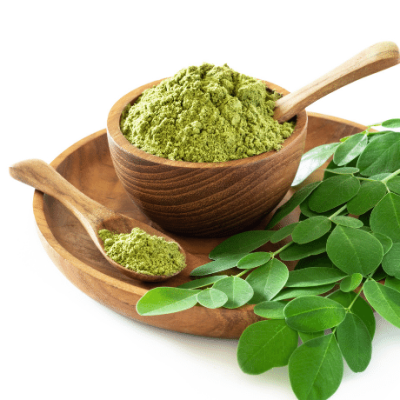
Kratom, a tropical evergreen tree native to Southeast Asia, has gained popularity as an herbal supplement in the Western world. This guide will provide a comprehensive overview of Kratom, including its origins, legal status, effects on the body, different product types, safe usage guidelines, controversies surrounding its use, and commonly asked questions.
Kratom, scientifically known as Mitragyna speciosa, contains active compounds that interact with opioid receptors in the brain, producing stimulating and sedative effects depending on the dosage.
Kratom has been used for centuries in traditional medicine practices in Southeast Asia, particularly in countries like Thailand and Indonesia. Workers chewed the leaves to combat fatigue and enhance productivity.
Despite its long history of traditional use, Kratom’s legal status varies globally. In the United States, it is legal in many states but is considered a controlled substance in others.
Effects of Kratom on the Body
Kratom can have various effects on the body, including both physical and mental impacts.
1. Physical Effects
Short-term effects of Kratom consumption may include increased energy, pain relief, decreased appetite, and constipation.
2. Mental Effects
Kratom can also induce feelings of euphoria, relaxation, and improved focus. However, excessive use can lead to sedation and cognitive impairment.
3. Potential Side Effects and Risks
Some potential side effects of Kratom include nausea, dizziness, dry mouth, and constipation. Long-term use may also lead to dependency and withdrawal symptoms.
Different Types of Kratom Products
Kratom is available in various forms, with powders, capsules, and extracts being the most common options.
1. Kratom Powders
Powdered Kratom leaves can be brewed into tea, mixed with liquids, or even added to foods like yogurt.
2. Kratom Capsules
Capsules offer a convenient way to consume Kratom discreetly and accurately measure dosage.
3. Kratom Extracts
Extracts are highly concentrated forms of Kratom and should be used with caution due to their potency.
How to Use Kratom Safely and Responsibly
To ensure a positive experience with Kratom, it is essential to follow proper usage guidelines.
Start with a low dosage and gradually increase until you achieve the desired effects. Avoid exceeding the recommended dosage to prevent adverse reactions.
Tips for Consuming Kratom
Stay hydrated, take breaks between doses, and avoid mixing Kratom with other substances like alcohol to minimize risks.
Potential Drug Interactions and Precautions
Kratom may interact with certain medications, so it is crucial to consult a healthcare professional before using it, especially if you are taking prescription drugs.
Understanding the Controversies Surrounding Kratom
Kratom’s legality and safety have sparked debates, especially concerning its potential for addiction and mental health effects.
Kratom and Addiction
While Kratom is not classified as an opioid, it can still lead to dependency with prolonged and excessive use. It is crucial to use it responsibly to avoid addiction.
Kratom and Mental Health
Some studies suggest that Kratom may have mood-enhancing properties, but more research is needed to understand its potential impact on mental health conditions.
Regulatory Issues and Future Outlook
The regulatory landscape surrounding Kratom remains uncertain, with ongoing discussions about its classification and availability.
In conclusion, Kratom is a versatile herbal supplement with various effects on the body and mind. Remember to do thorough research, consult with a healthcare professional, and use it responsibly to maximize its benefits while minimizing risks.
Remember that before trying out any new supplement, it’s always important to do thorough research and consult with a healthcare professional to ensure that it is suitable for you.




